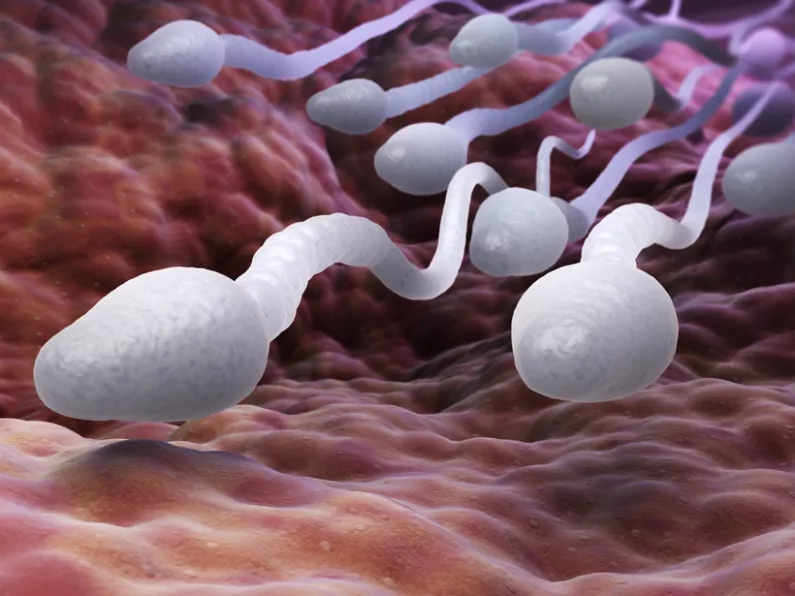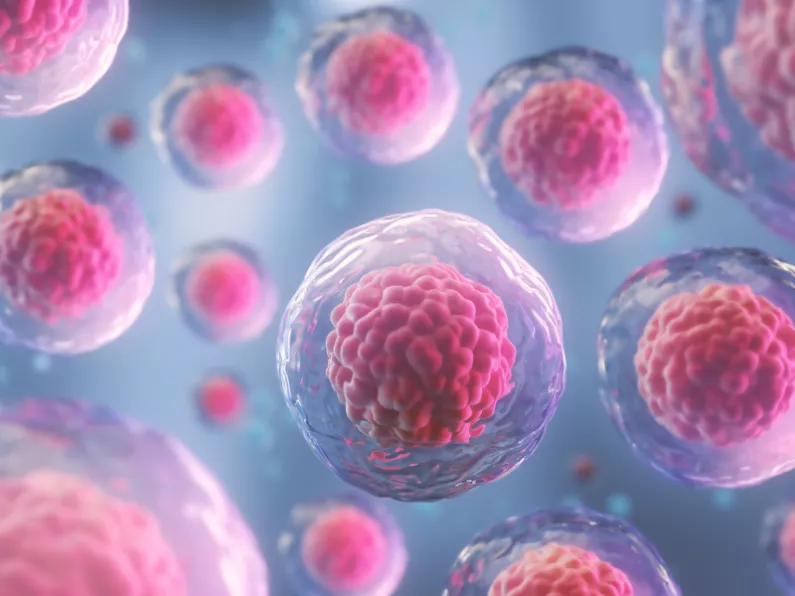Couples might struggle longer to conceive as sperm count has halved in the last 40 years, researchers have warned.
A study published in the journal Human Reproduction Update has found that average sperm concentration fell from an estimated 101.2m per ml to 49.0m per ml between 1973 and 2018 - a staggering 51.6% decrease.
Total sperm counts fell by 62.3% during the same period.
Faster rate of decline
Previous research by the same team, reported in 2017, found that sperm concentration had more than halved in the last 40 years.
The latest study includes more recent data from 53 countries.
Worryingly, the rate of decline appears to be increasing.
Crisis point
Data collected in all continents since 1972 revealed sperm concentrations declined by 1.16% per year.
But data collected since the year 2000 shows the decline was 2.64% per year.
“I think this is another signal that something is wrong with the globe and that we need to do something about it.
"So yes, I think it’s a crisis, that we [had] better tackle now, before it may reach a tipping point which may not be reversible,” said Prof Hagai Levine, first author of the research from the Hebrew University of Jerusalem.
Reproductive health
Previous studies have suggested that fertility is compromised if sperm concentration falls below about 40m per ml.
While the latest estimate is above this threshold, Levine noted that this is a mean figure, suggesting the percentage of men below this threshold will have increased.
“Such a decline clearly represents a decline in the capacity of the population to reproduce,” he said.
Reservations
But there are some reservations because while the study accounted for factors including age and how long men had gone without ejaculation, and excluded men known to suffer from infertility, it did not look at other markers of sperm quality.
It's not exactly clear why the global sperm count has halved in the last 40 years, but environmental factors are one theory.
Experts say factors such as smoking, drinking, obesity and poor diet might also play a role, and that a healthy lifestyle may help to boost sperm counts.









